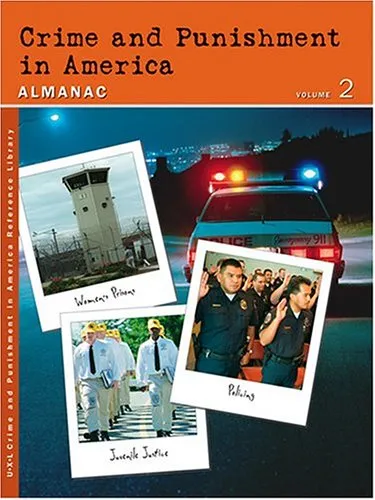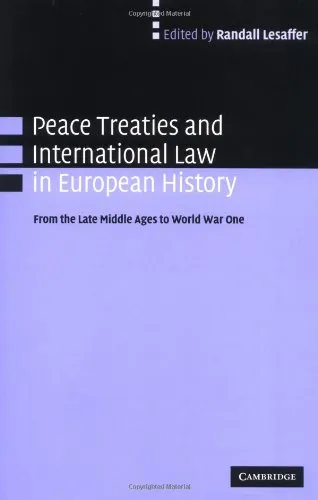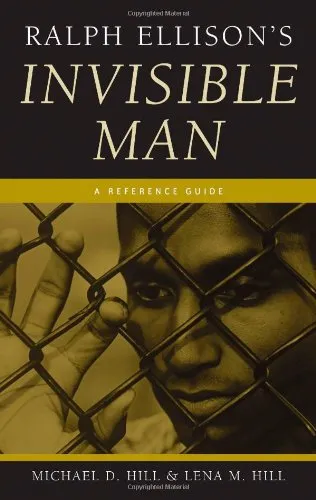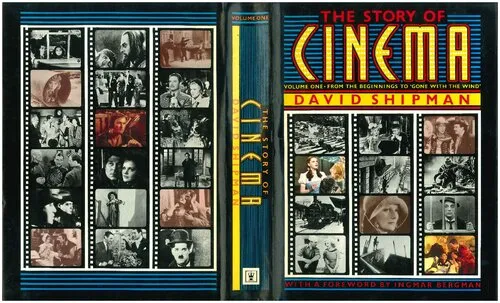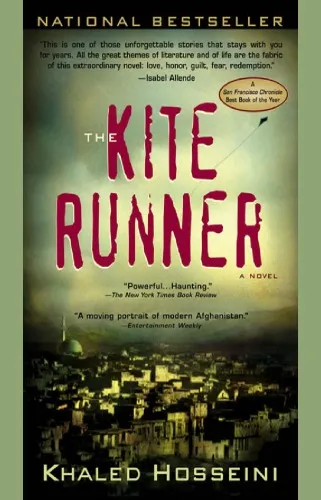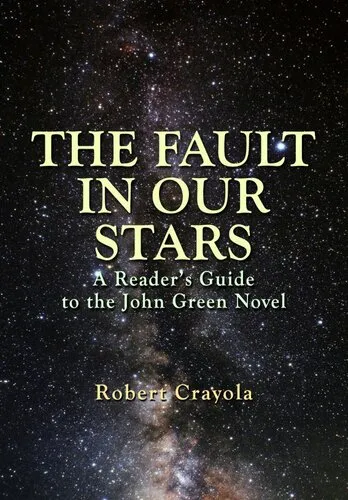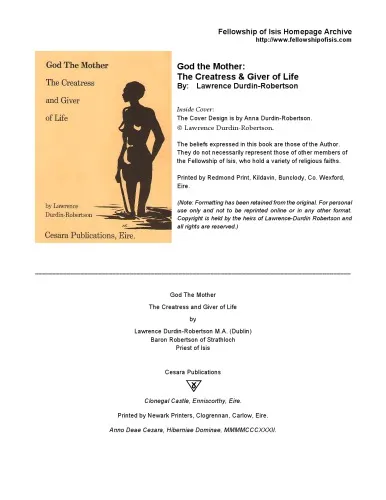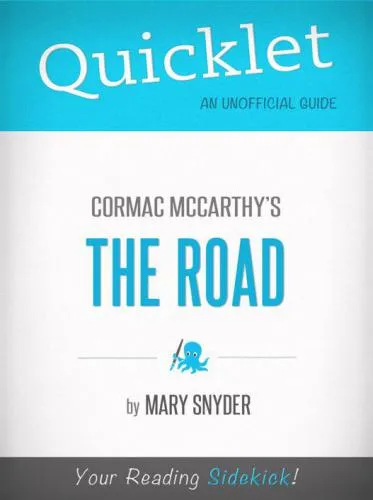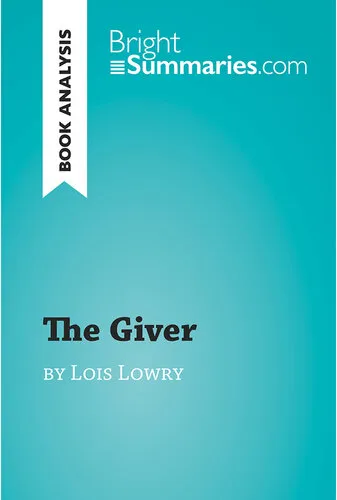Huxley's Brave New World
3.9
Reviews from our users

You Can Ask your questions from this book's AI after Login
Each download or ask from book AI costs 2 points. To earn more free points, please visit the Points Guide Page and complete some valuable actions.کتاب های مرتبط:
Introduction to Aldous Huxley's 'Brave New World'
Aldous Huxley’s 'Brave New World' is a profound work of dystopian fiction, first published in 1932. With its powerful narrative, it explores the intricacies of a future society engineered through technological and scientific advances to achieve societal stability and happiness. However, beneath this facade lies a critique of the loss of individuality, freedom, and the fundamental human experience.
Detailed Summary of the Book
Set in a futuristic World State, Huxley’s novel depicts a society where humans are genetically engineered and conditioned from birth to fulfill predetermined roles. The narrative starts in the year 2540 AD, known as 632 A.F. (After Ford), where Henry Ford’s mass-production ethos has been extended to human beings. People are bred in Hatcheries and Conditioning Centers, designed to maintain social stability. The caste system categorizes individuals as Alphas, Betas, Gammas, Deltas, and Epsilons, each conditioned to be content with their societal role.
The story introduces Bernard Marx, an Alpha Plus who feels out of step with his contemporaries due to his desire for individuality and authentic experiences. His meeting with John, a “Savage” raised on a New Mexican Reservation untouched by World State’s influence, contrasts starkly with the conformity and artificial satiation prevalent in this new world. As John interacts with the World State, his presence challenges the system, highlighting the personal and societal sacrifices made for the sake of a false utopia.
Key Takeaways
'Brave New World' is not merely a critique of a technologically advanced future but also a poignant reminder of the cost of sacrificing human values for perceived stability. The novel underscores the significance of:
- The importance of individual thought and emotional depth in a mechanized society.
- The potential dangers of unchecked technological and scientific control over human lives.
- The impact of consumer culture and loss of personal autonomy on human happiness and fulfillment.
Famous Quotes from the Book
- "Words can be like X-rays if you use them properly—they’ll go through anything. You read and you’re pierced."
- "The greater a man’s talents, the greater his power to lead astray."
- "Actual happiness always looks pretty squalid in comparison with the overcompensations for misery."
- "But I don’t want comfort. I want God, I want poetry, I want real danger, I want freedom, I want goodness. I want sin."
Why This Book Matters
Aldous Huxley's 'Brave New World' continues to resonate today for its prophetic vision of a society crippled by its reliance on technology and disregard for genuine human emotion. Huxley’s insights into psychological manipulation and the superficial pursuit of happiness in a scientifically controlled civilization invoke critical reflection, making it an essential read for those examining the trajectory of modern societies. It challenges readers to consider the essence of humanity and the ethical implications of sacrificing it for technological advancement and social order.
This novel stands as a narrative caution, probing us to critically evaluate progress and balance it with our innate desire for freedom, agency, and authentic human connection.
Free Direct Download
You Can Download this book after Login
Accessing books through legal platforms and public libraries not only supports the rights of authors and publishers but also contributes to the sustainability of reading culture. Before downloading, please take a moment to consider these options.
Find this book on other platforms:
WorldCat helps you find books in libraries worldwide.
See ratings, reviews, and discussions on Goodreads.
Find and buy rare or used books on AbeBooks.
1382
بازدید3.9
امتیاز0
نظر98%
رضایتReviews:
3.9
Based on 0 users review
Questions & Answers
Ask questions about this book or help others by answering
No questions yet. Be the first to ask!


